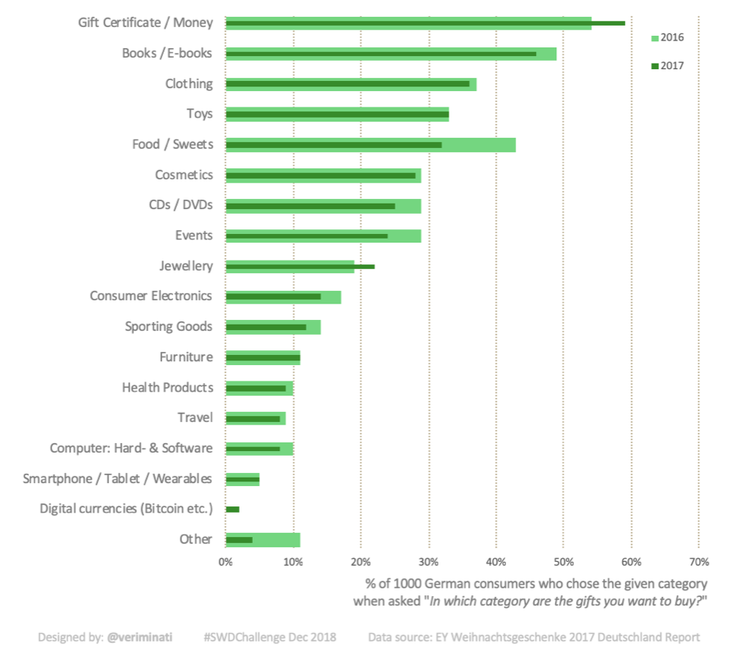Will US hedge funds go bankrupt?
By Katya, February 05 2021An interesting situation has emerged in the American stock market. It has caused the stock of several companies to be extremely volatile.
Hedge funds in the US have opened so many short positions—basically, they have bet that stock prices will fall. Now it is believed that they have short sold more than the number of shares available on the market.
However, savvy retail traders noticed this. They started to buy up these shares in large volumes in the hope to push up the price.
Trading has been so aggressive that the share prices have wildly fluctuated and multiple brokers have been refusing to even allow purchases. The situation has gotten lots of attention, with multiple members of congress showing interest in the behaviors of brokers and hedge funds. Some have called for congressional inquiries.
It isn't clear what the aftermath will be. Only time will tell.




